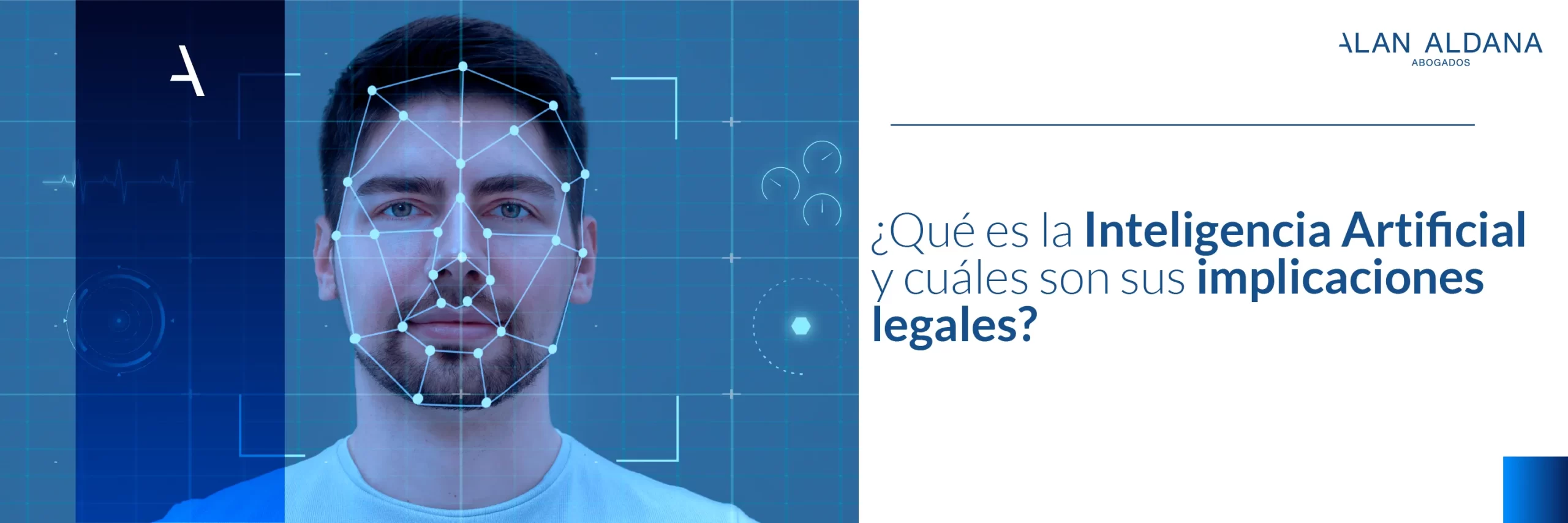Artificial intelligence has made a lot of noise in the media, being reported as a resurgence of the digital manipulation of recent times. Because in this new form of programming, it is allowed to constitute digital products, such as texts, images and other types of files. Which are now perceived as intangible goods, with a moral and economic value in any area. So it has been used both in the drafting of legal texts for a trial, development of advertising images, and other environments. What makes it pertinent to talk about what is the artificial intelligence and its implications legal in today's world.
What is artificial intelligence?
Artificial intelligence are digital programs, which are programmed with autonomous languages. And they are characterized by not having a fixed and limited set of answers. In addition, they have the ability to learn new languages from the constant use of their own tools. These programs are used to generate texts, images, plans, and other types of digital products with specific requests.
Currently, this large number of variables and possibilities are being evaluated in educational centers of different areas of specialization, in order to determine the legal and economic conditions of these tools.
The legal use of artificial intelligence in the legal profession
Currently, many developers are testing machines in different contexts with artificial intelligence. And in the world of law, approaches to artificial intelligence have already begun to be made in the defensesand sentence writing, among others. This shows how the arrival of these new tools has meant a change in the traditional models.
But in the face of the increasing use of artificial intelligence, ethical conditions are beginning to be put on the table. Situations such as that of ChatGPT presenting university exams on business and law, and passing them with high marks. They test the performance of the tool, making us imagine infinite possibilities in its use.
What are the legal implications of artificial intelligence?
Currently, the debate remains on the question of whether the copyright is exclusive to the person who makes the arrangements to generate the digital products. This supports the idea that the user of the program maintains the rights over the works made by the machine. And thanks to that creativity, which is inherent to the human brain, many legislations have been adjusted to cover these parameters.
The European Union presented in 2021 a proposal for a regulation for the regulation of artificial intelligence, named AI Act. It proposes the Artificial Intelligence Act, where the rules on data quality, transparency, human oversight and accountability are strengthened. This is understood as a regulation that covers the development process, ethical issues and the challenges of the application of artificial intelligence in various sectors.
Legal background of artificial intelligence
There are different legal precedents ranging from judicial decisions that have taken AI into accountIn the United States, the concern lies in cybersecurity applied with standards for risk prevention. In the United States, the concern lies in cybersecurity applied with standards for risk prevention. To this end, the federal agency, the National Institute of Standard and Technology, is establishing technical standards that will make it possible to control the development of this technology.
In the case of Canada, experts claim that it has the most advanced artificial intelligence regulations at the legal level. Because they have certain regulations for the use of these tools in the public sector. Establishing these programs an impact analysis that help them to foresee the risks inherent to their use.
On the other hand, Japan is one of the countries that does not seem to be concerned about the regulation of artificial intelligence. This confirms the confidence in its traditions to act preventively and avoid the problems that AI can cause.
If you would like to obtain more information or need advice on this and other law-related topics, do not hesitate to contact contact us at through our form. In addition, we share with you our social networks so that you can keep updated on the legal topics that are in trend: Instagram, Facebook, Twitter y Linkedin.













